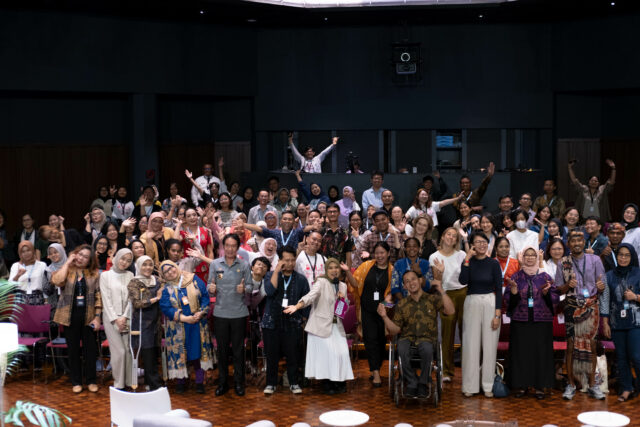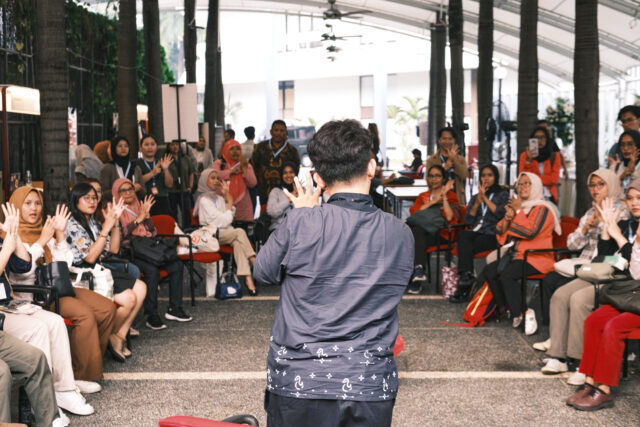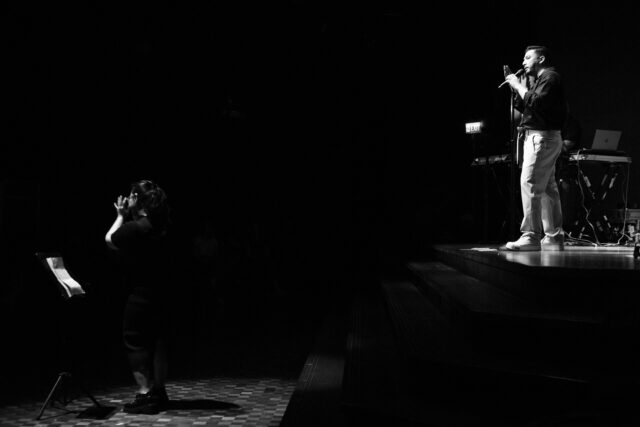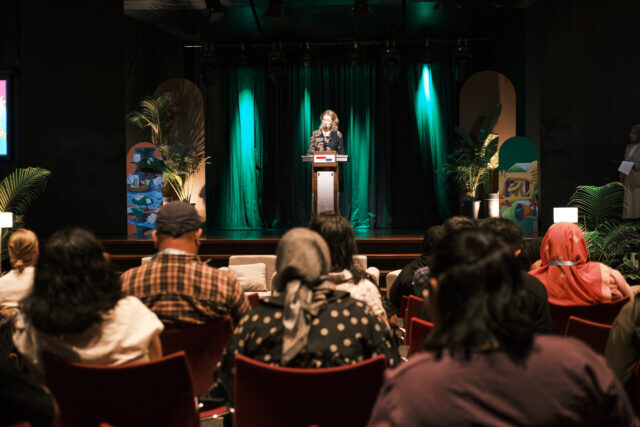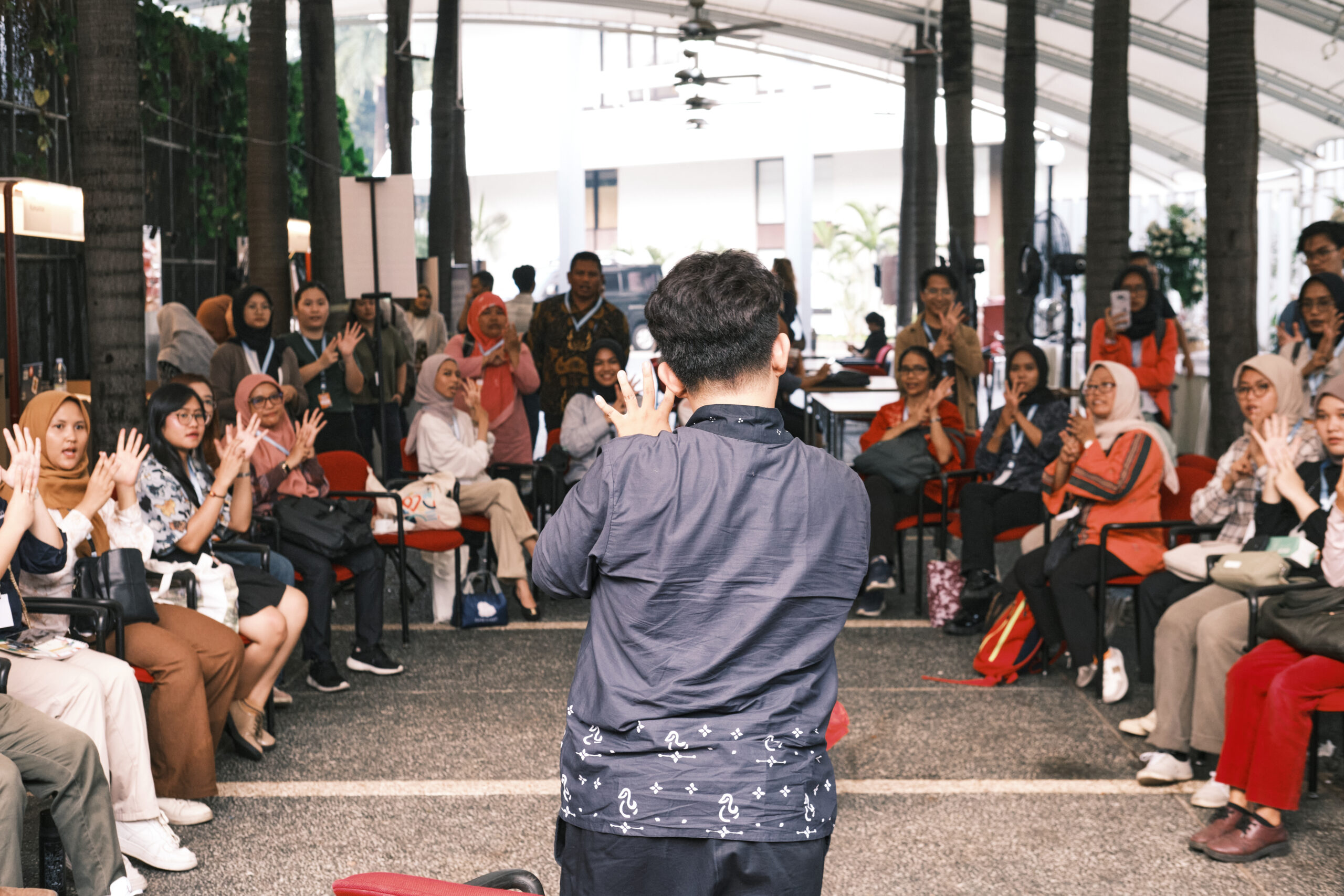
Gender Equality Diversity and Inclusion (GEDI) | June 18, 2024
Indonesia Inklusi’s National Dialogue: A Multistakeholder Effort for Inclusivity for All
SrI Handayani Nasution
On 4 June 2024, the Erasmus Huis in Jakarta was brimming with people and Humanis partners. More than a hundred people gathered to join the national dialogue for a more inclusive, equal, and just Indonesia.
Undoubtedly, Indonesia faced challenges and hurdles in realizing a haven for all, including vulnerable groups. But hope was sustained by the presence of the success stories of grassroots communities and state institutions. This national dialogue manifested that hope, where collaborative efforts and knowledge exchange became the key to achieving a diverse and inclusive Indonesia.
From 2016 to 2024, through support from the Netherlands Ministry of Foreign Affairs for the Voice Program managed by the Yayasan Humanis dan Inovasi Sosial, more than 100 civil society organizations (CSOs) in Indonesia have worked alongside each other, naming themselves the umbrella network of Indonesia Inklusi. The national dialogue was a platform to showcase the success and challenges stories of the Indonesia Inklusi network nationwide.
Image 1. The participants of the National Dialogue cheerily posed for a picture.
The event was opened by Maresa Oosterman, the Head of Political Affairs at the Dutch Embassy in Indonesia, and Tunggal Pawestri, Humanis’ Executive Director. Attending both as the participants and speakers of the national dialogue were the representatives of the Ministry of Education and Culture, Ministry of Law and Human Rights, Head of Department of Manpower and Industry Wonogiri, Cahaya Inklusi Indonesia the representative of Justice for Disability Consortium, representative from indigenous and ethnic minority group, Pengurus Marapu as a part of consortium with Sumba Integrated Development, Consortium for The Advocacy of ILO Convention 190, Sehati Sukoharjo, and Project Multatuli.
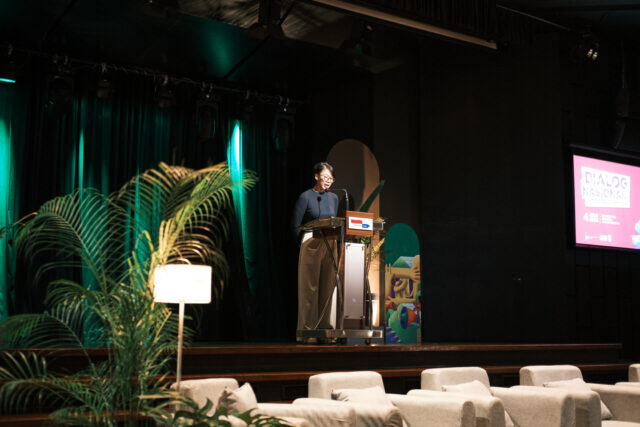
Image 2. Tunggal Pawestri, Humanis’ Executive Director gave her welcoming remarks.
The national dialogue comprised of two sessions discussing the pressing issues of inclusion in Indonesia: access to social services for rightsholders and equitable workplaces in Indonesia.
In the first session, the speakers described the challenges for rightsholders from marginalized groups, such as people with disability and Indigenous and ethnic minority communities, to access the existing social services such as education and health.
The speakers from the second session stressed the grieved condition of women’s labor in the status quo, detailing the unsafe working conditions that often existed in the garment factory. Another problem in Indonesia’s labor landscape was the minimum access for people with disability in Indonesia, where the existing laws are usually implemented not because of inclusive principles and practices but only as a mere requirement for business as usual.
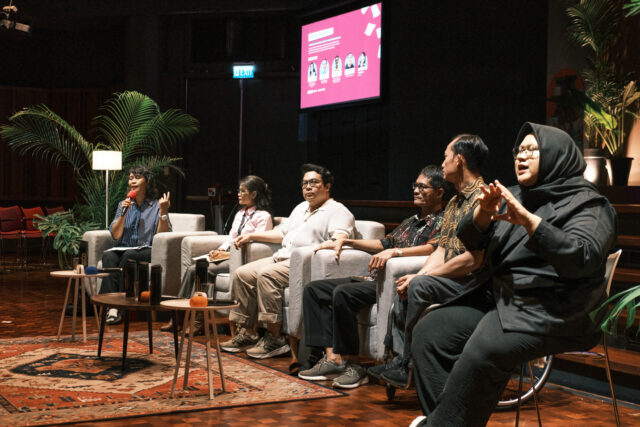
Image 3. Speakers and Moderators of the second session gave their insights on equitable workplaces in Indonesia
“Labor union can become a gateway of imagination where we can envision a just workspace for women labor, people with disabilities—an inclusive workspace for all,” Jumisih, Chairman of the Federation of Indonesian United Trade Union (FSBPI), one of the speakers stressed the importance of labor union, especially for informal workers where legal protection was minimum.
The national dialogue continued with two Open Space sessions: “Getting to Know Deaf Culture and Language” by Gerkatin Solo and “Claiming Civic Space Through Writing” by Suara Grina, where members of a consortium of Indonesia Inklusi shared their stories with the audience and registered participants about their journey.
Image 4. The member of Gerkatin Solo explained about the deaf culture to the audience using sign language.
The former session shared about the everyday struggle and the cultures of the Deaf community, while the latter shared the stories of the importance of citizen journalism in Grime Nawa, Jayapura, and Papua.
The festivity did not end there. The national dialogue opened several Community Booths or Kios Komunitas where the consortium members could showcase their communications and knowledge product while also sharing their journeys with the event participants. Finally, the artist’s performance marked the end of the event.
Image 5. The artist performance and a sign language interpreter performed to close the event
Through the national dialogue, it is understood inclusion is a multistakeholder commitment to structurally and culturally transform the system to become more inclusive. All stakeholders had their share of contribution to ensure an equal, just, and inclusive environment for all.
Image 6. Maresa Oosterman, Head of Political Affairs of the Embassy of the Netherlands, gave her speech.
“The value of inclusivity is central,” Maresa Oosterman, Head of Political Affairs of the Embassy of the Netherlands, said in her welcoming remarks. “Indonesia knows diversity in many forms. However, diversity does not occur without challenge. It requires commitment,”

